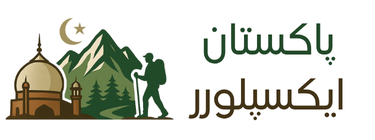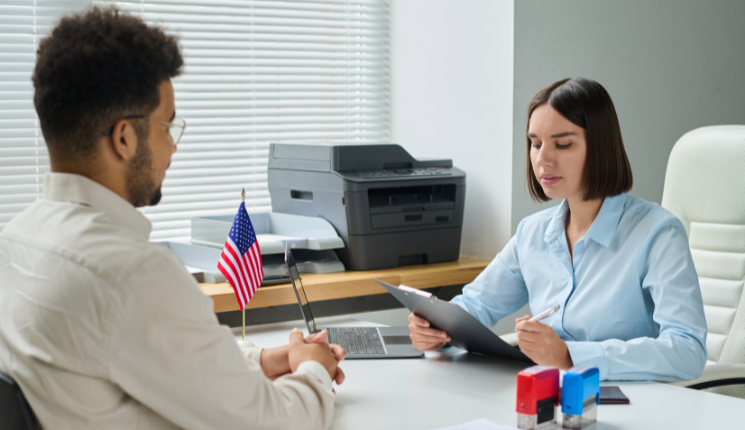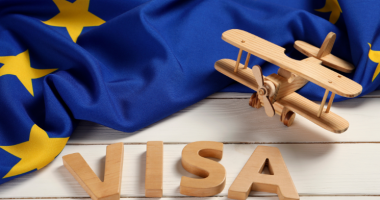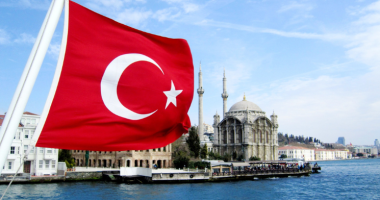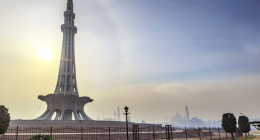When you finally receive that appointment email, it feels exciting—but let’s be honest, it’s also nerve-wracking. Visa interviews can seem intimidating, especially when you’re not sure what to expect. Luckily, you’re not alone, and this complete guide to visa interview preparation will make the process way easier.
Let’s walk through everything—what to bring, how to dress, how to answer questions, and most importantly, how to calm those nerves. From student visas to work or travel visas, these tips work for every kind.
Why Visa Interview Preparation Truly Matters
First things first—visa interview preparation is more than just collecting documents. It’s about presenting yourself honestly and confidently. Many people are well-qualified but fail due to nervousness or poor communication. You definitely don’t want that.
Because interviews are short—sometimes only a few minutes—what you say and how you say it carries a lot of weight. But don’t worry. With the right prep, you’ll handle it like a pro.
Organize Your Documents for Visa Interview
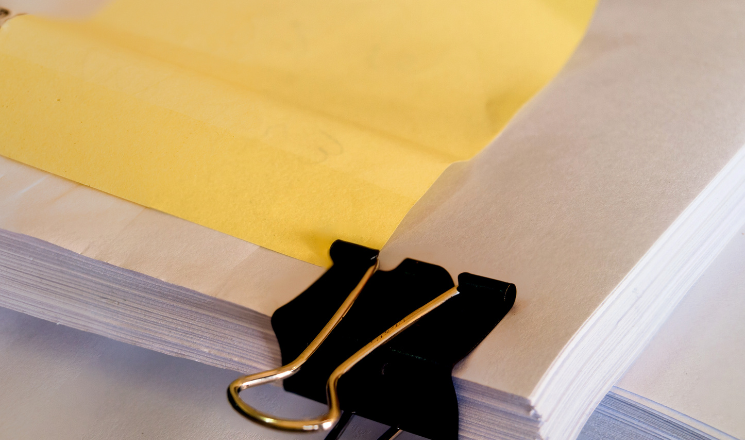
Let’s start with the basics. You’ll need to carry a set of original documents. Here’s what you usually need (though it can vary by country):
- Valid passport (at least 6 months beyond your intended stay)
- Visa application form (like the DS-160 for the U.S.)
- Appointment confirmation
- Fee receipt
- Passport-size photos (check exact size rules)
- Proof of finances or sponsorship
- Letter of admission/employment (if applying for student or work visa)
- Supporting documents like bank statements, certificates, or ID
👉 Pro Tip: Use tools like Document Checklist by iVisa to avoid missing anything.
Always organize these in a folder. And yes, double-check each one. It’s common for applicants to get rejected simply because a paper was missing.
Dress Right for Your Visa Interview

Now, you don’t need to wear a tuxedo or a full-blown suit. But you do want to look neat and respectful. Think of it like attending a job interview.
For men, a clean shirt and trousers work great. For women, go for simple business casual. Nothing flashy or distracting. You’re not trying to impress with fashion—just show you’re serious.
At the same time, make sure you feel comfortable. If you’re uncomfortable, it’ll show in your body language.
Common Visa Interview Questions to Expect
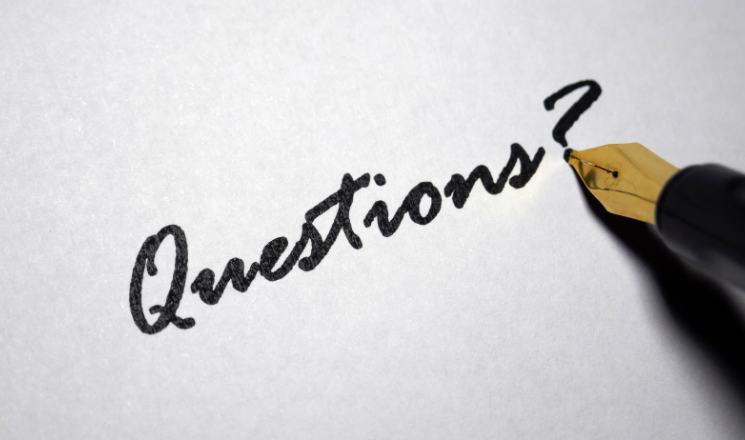
Once inside, you’ll answer questions about your trip, finances, and intent to return. The questions vary by visa type, but here are some common ones:
- Why do you want to travel to this country?
- Who is funding your trip?
- Where will you stay during your visit?
- What are your plans after your visa expires?
- Have you traveled before?
Keep your answers short, clear, and honest. Don’t overthink it. Avoid memorized scripts—they can sound unnatural.
👉 Practice with tools like MockInterview.co or speak with a friend to get used to speaking aloud.
Improve Your Answers with Interview Practice
Here’s the deal—you might feel like over-explaining, especially when nervous. Don’t. Interviewers appreciate short, direct answers. Long-winded replies might confuse them or raise unnecessary questions.
Even if you’re nervous, smile and keep eye contact. That one simple gesture can go a long way in making a strong impression.
And if you don’t understand a question, it’s okay to ask them to repeat it. It’s better than guessing.
Stay Relaxed During the Visa Interview
Half of a good interview is your vibe. Seriously.
Walk in calmly. Take deep breaths if needed. Arrive early so you’re not rushing. Some embassies like the U.S. Embassy or UK Visas and Immigration can have long lines—so give yourself enough time.
Nervousness is normal, but don’t let it overwhelm you. Remind yourself: you’ve done your homework, your documents are in order, and you’re just having a conversation.
Pro tip? Practice power poses before entering the building. They might sound silly, but studies show they actually help you feel more in control.
Know Your Visa Type Requirements
There’s no one-size-fits-all. Student visas, tourist visas, work permits—all have different priorities.
1. For Student Visas:
You’ll need to explain your choice of university, program, and how it fits your career goals. Be ready to discuss your language test scores (like IELTS or Duolingo English Test) and financial support.
2. For Work Visas:
Expect questions about your employer, job role, contract, and qualifications. If you’re changing companies or relocating, be ready to explain why.
3. For Tourist Visas:
Show that you have a strong reason to return. Bring proof like property, job letters, or family connections. Also, share your travel itinerary confidently.
Every type needs different paperwork. So research ahead. Use the embassy website or visa forums like VisaJourney to stay updated.
Bonus Visa Interview Preparation Tips That Work
Here are a few extra nuggets people often miss:
- Don’t memorize answers word-for-word. You’ll sound robotic. Practice ideas, not scripts.
- Speak in the language of the interview. If it’s English, be clear and natural. Avoid jargon.
- Be honest. Consulates can spot dishonesty easily. Even a small lie can lead to rejection.
- Stay positive. Even if you were previously denied, show that you’ve corrected your past issues.
It might be tempting to ask others about their experience, and while that’s helpful, remember your case is unique. What worked for them may not work for you.
What Happens After Your Visa Interview?
If all goes well, you’ll be told when to expect your visa. Some countries return your passport by mail, while others ask you to pick it up.
Still, it’s wise to track your application online using embassy tools or your reference number. Don’t panic if it takes time—processing durations vary by country and season.
If you were denied, don’t lose heart. Most rejections include reasons, so use that feedback. Fix the issue and reapply, preferably after a few months with updated documents or better preparation.
Wrapping Up: Your Visa Interview Success
You made it to the end—nicely done! Now you’re ready to take on the interview with calm confidence.
Let’s recap the essentials of solid visa interview preparation:
- Get your documents sorted early
- Practice answering common questions
- Dress respectfully and comfortably
- Stay calm and honest
- Know your visa type inside and out
It’s not about saying the “perfect” thing—it’s about being genuine and prepared. Keep practicing, be organized, and trust yourself. You’ve got this!
